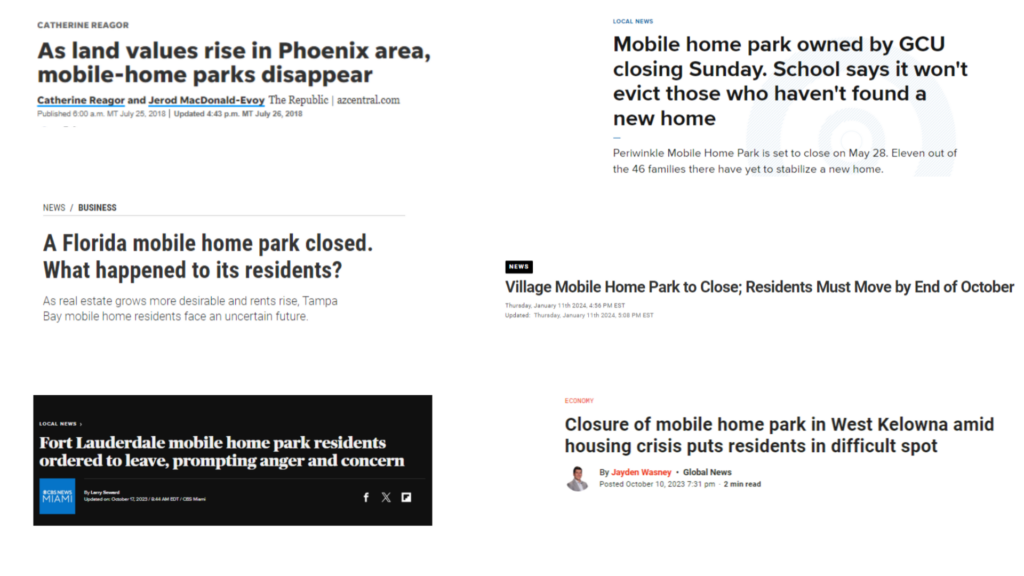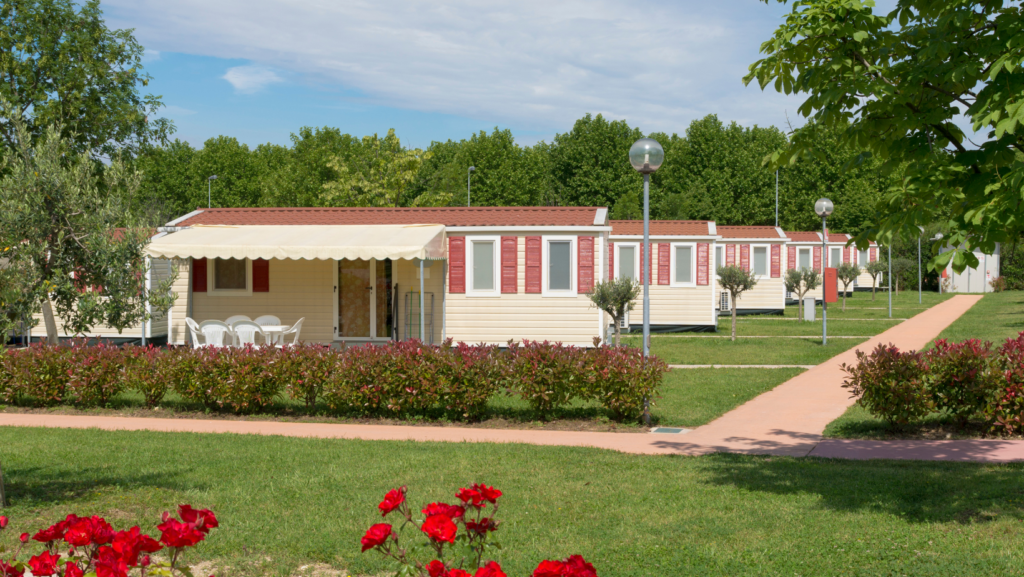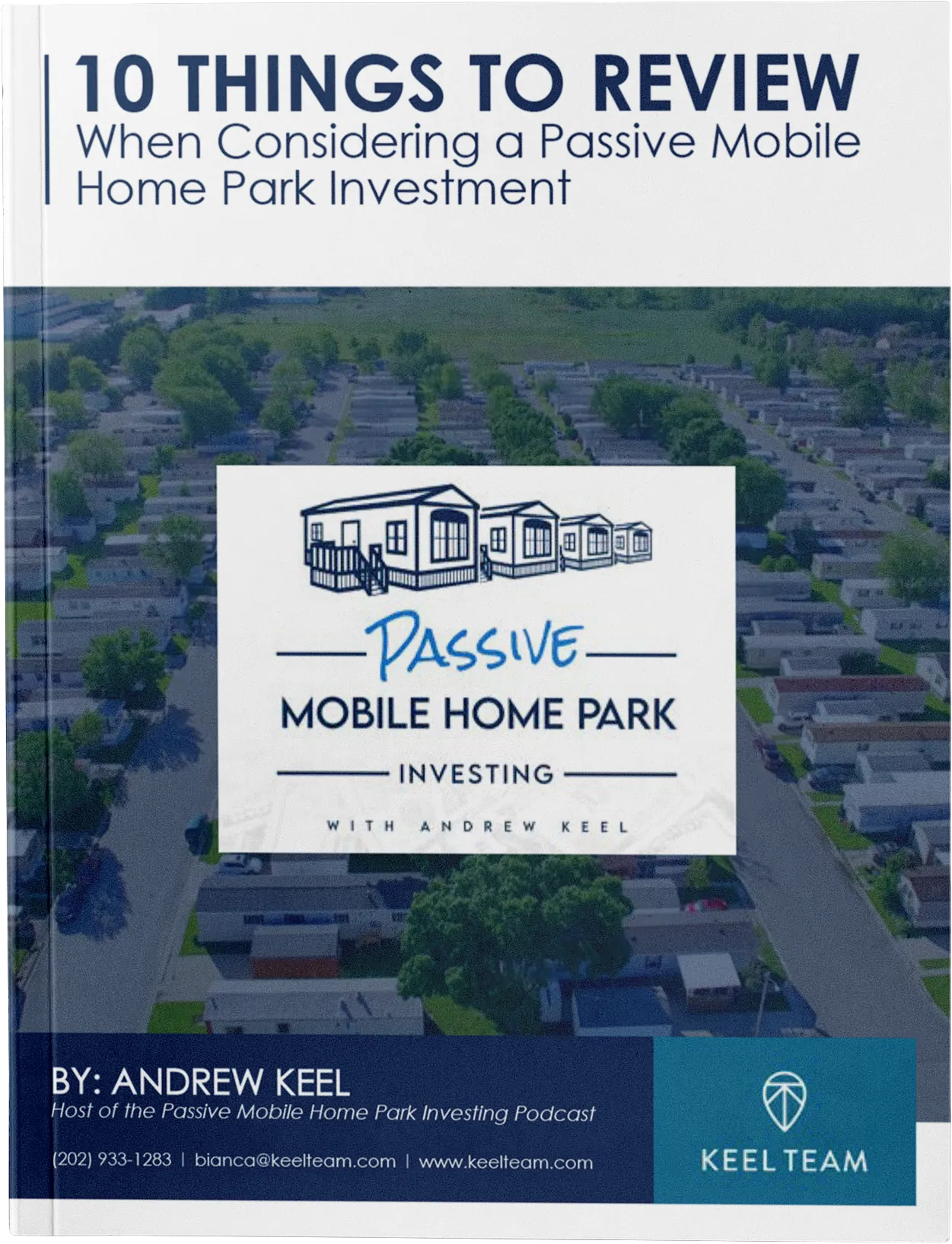The American landscape of manufactured housing communities, more commonly known as mobile home parks, is witnessing a notable contraction. This shift within the residential sector is not simply a reflection of fluctuating market trends but is significantly shaped by a variety of development and regulatory influences. Historically celebrated for their cost-effectiveness and sense of community, these mobile home parks are now under threat, endangering a vital source of affordable housing.
This article dives into the primary factors driving the diminishing numbers of mobile home parks and underscores the growing importance of investing in this unique property segment.

Factors Leading to the Dwindling Numbers of Manufactured Housing Estates
Economic Disadvantages Based on Land Utilization
The diminishing presence of mobile home parks can be primarily attributed to their relatively low economic value in terms of land use. Within the land use hierarchy, commercial and office spaces are seen as high-value, whereas mobile home parks, akin to parking lots, represent a lower tier due to their lesser economic output on valuable land. This aspect places them at a disadvantage, particularly in regions where land is highly sought after.
High Redevelopment Potential of Mobile Home Parks
The susceptibility of mobile home parks to redevelopment efforts further exacerbates their decline. These communities are often located in enviable locations along major thoroughfares, within esteemed school districts, and spanning 4 to 10 acres – a size perfect for a variety of redevelopment projects. Consequently, developers are keen to transform these areas into more profitable ventures.
Pre-Existing Infrastructure as a Redevelopment Incentive
The pre-existing infrastructure within these communities, including utilities like water, sewer, gas, and electric services, makes them even more attractive for redevelopment. The presence of such infrastructure means lower upfront costs for new developments, thus enhancing the financial allure of converting mobile home parks into different types of real estate projects.
Download our free eBook on the “Top 20 Things Learned from Mobile Home Park Investing “
By Andrew Keel

Impacts of Local Policies and Economic Forces
Local governments and their policies also play a crucial role in this trend. There is often a preference for approving new developments over maintaining mobile home parks, driven by desires to increase an area’s economic value or improve its appearance. Economic factors are at play as well; the disparity in income generation between mobile home parks and alternative developments, such as apartment buildings, creates a strong incentive for redevelopment. Apartments, for instance, can yield rents significantly higher than those of mobile home lot rents, pushing owners and developers towards opting for redevelopment.
Approaches to Mitigate the Decline of Mobile Home Parks
Combatting this decline involves several strategies. Enhancing the economic appeal of mobile home parks through increased lot rents could make these communities more competitive. Alleviating the pressures on park owners, through infrastructure grants and tax incentives for park maintenance, may also contribute to preserving these housing options. These efforts are aimed at sustaining the viability of mobile home parks against the tide of redevelopment.
Summary of Supply Decline of Mobile Home Parks
The contraction in the supply of mobile home parks is a complex issue rooted in their lower land value, redevelopment potential, infrastructural advantages, and the economic benefits of alternative uses. To address this problem, a comprehensive strategy that values the unique contributions of mobile home parks to the housing ecosystem and seeks to improve their operational sustainability is essential.
At Keel Team Mobile Home Park Investments, we’re dedicated to enhancing communities while potentially maximizing investor returns. Our focus is on improving residents’ lives while delivering strong profits to our partners. Get in touch using the contact details below to learn more about our investment approach and strategy.
Disclaimer:
The information provided is for informational purposes only and should not be considered investment advice, nor a guarantee of any kind. There are no guarantees of profitability, and all investment decisions should be made based on individual research and consultation with registered financial and legal professionals. All opinions are our own and should not be taken as investment advice. We are not registered financial or legal professionals and do not provide personalized investment recommendations.

